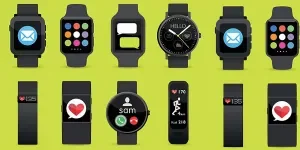Apple recently announced the iPhone 16 Pro Max in all its glory at the Glotime event. As usual, the highest-end model debuted alongside three other models, but in this short discussion, we will focus on the iPhone 16 Pro Max. Mixed reactions to a new iPhone release are nothing new. While many express excitement, others criticize the device for its lack of improvement.
This year’s iPhone 16 Pro Max is not exempt from criticisms and praise. The truth is, the iPhone 16 Pro Max features many improvements over its predecessors. The question is, are these changes enough to make you decide to upgrade? Well, the answer depends on where you are coming from — meaning, the model of iPhone you are currently using. If you’re using an iPhone that is more than 4 years old, then upgrading to the iPhone 16 Pro Max isn’t a bad idea. This does not mean that upgrading from the iPhone 14 Pro Max or 15 Pro Max is a bad idea, either. However, there are a few things to consider when upgrading from, let’s say, the iPhone 15 Pro Max to the iPhone 16 Pro Max. In this regard, we will explain why you should hold on to your iPhone 15 Pro Max for now.
Many people rush to upgrade their devices as soon as the company launches the latest models. After using the new device for a while, they realize they would have been just fine with their previous device. This happens when you don’t take the time to make a well-informed decision before upgrading.
This unbiased article will help you make an informed decision from a technical point of view. We will break down the features of the new iPhone 16 Pro Max to help you understand why upgrading or sticking to your old iPhone 15 Pro Max (for now) might be the best decision.
iPhone 15 Pro Max vs iPhone 16 Pro Max: Design Differences
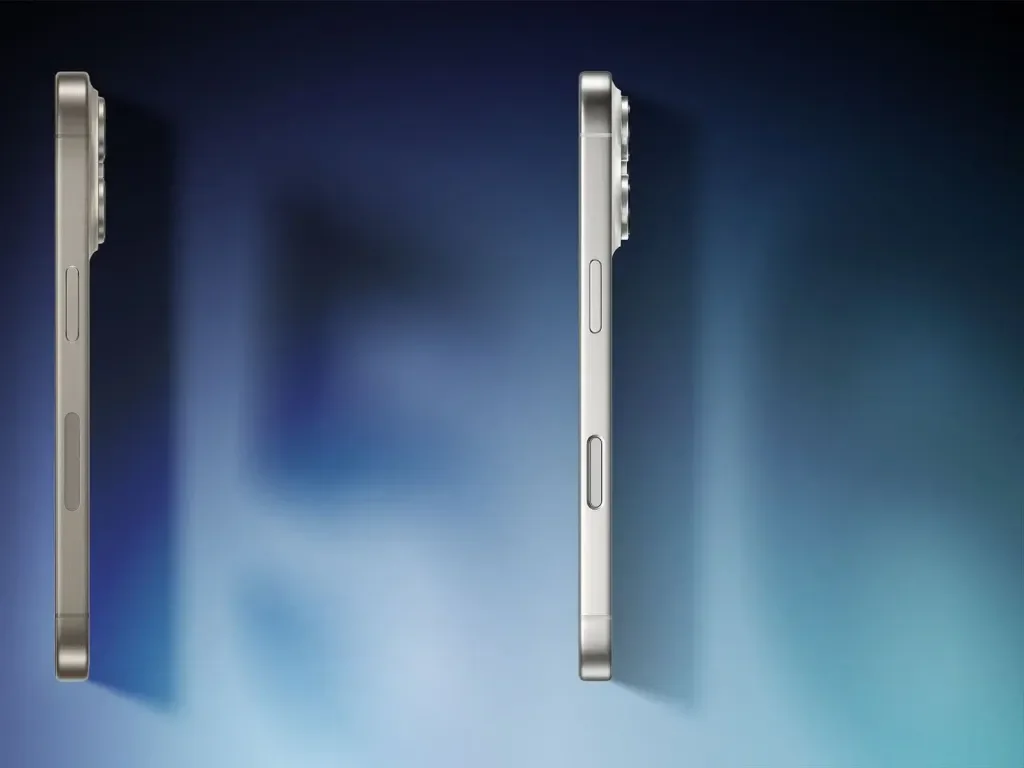
At a glance, don’t expect to see a lot of changes between the two phones. However, taking a closer look at both devices highlights some key differences in design. First of all, the iPhone 16 Pro Max is slightly taller and wider than its predecessor, giving the screen of the 16 Pro Max a 0.2-inch edge over the 15 Pro Max.
Apple has also thinned down the bezels of the iPhone 16 Pro Max to allow more viewing space. This makes the display of the iPhone 16 Pro Max look slightly better than last year’s model. Apple’s latest model also offers better resolution (1320 x 2868 pixels) than the iPhone 15 Pro Max (1290 x 2796 pixels), which contributes to its improved display. At 227g, the iPhone 16 Pro Max is a little heavier than the iPhone 15 Pro Max, which weighs 221g.
If the bigger display is the driving force behind your decision to upgrade to the iPhone 16 Pro Max, then go for it. However, it’s worth noting that you will barely notice any difference in display quality whatsoever. Those with smaller hands and shorter fingers will struggle a lot in handling this device due to its larger display size of 6.9 inches, making it one of the largest smartphones in the world. Oh, and don’t forget that extra weight.
iPhone 15 Pro Max vs iPhone 16 Pro Max: Performance Differences
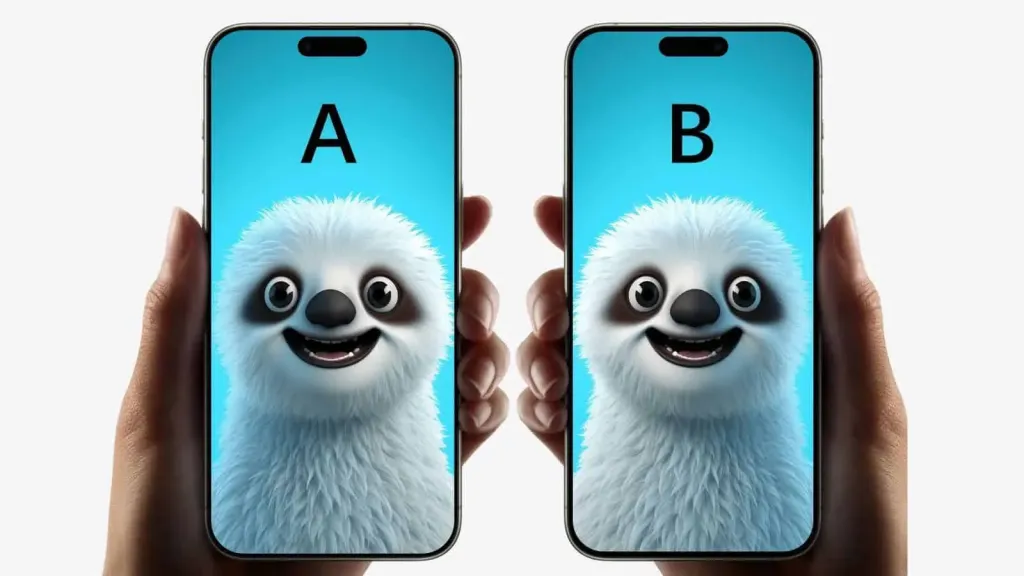
The new device from the Cupertino-based company features what Apple calls “the best chipset in the history of the iPhone.” The Bionic A18 Pro chip is touted as one of the best out there. This year, Apple focused on enhancing the AI capabilities of the Bionic chip.
We are in the era of artificial intelligence, and a company like Apple cannot lag behind the current trend. Apple’s A18 Pro chip is capable of handling almost any AI-related tasks you throw at it. But does that make the A17 Pro any worse? Far from it. The A17 Pro is also very capable of handling everyday tasks without any glitches. It offers a 2 x 3.78GHz speed, which is just behind the 2 x 4.04GHz speed of the 16 Pro Max.
These numbers may look quite different on paper, but there’s not much difference in real-world usage. The 4.04GHz of the A18 Pro is better, but a 3.78GHz chipset in a smartphone today is more than enough to handle all day-to-day activities. If you ask me, you don’t need 4.04GHz to handle any task if you already have 3.78GHz. Oh, and don’t forget that both devices feature the same RAM size of 8GB.
iPhone 15 Pro Max vs iPhone 16 Pro Max: Camera Differences
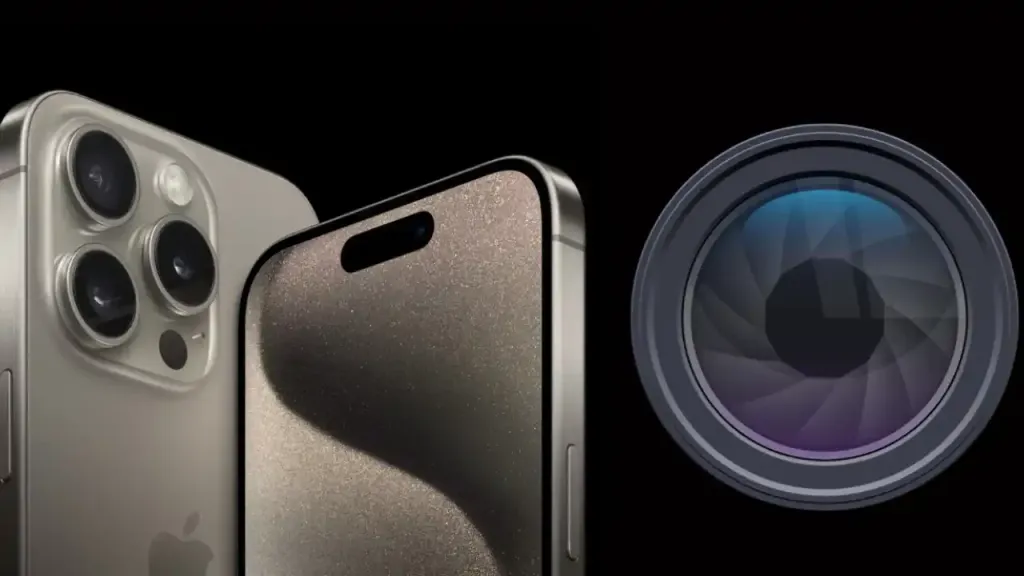
This is where the real arguments step in. No one was expecting Apple to introduce a fourth camera sensor in the iPhone 16 Pro Max this year. However, we hoped to see some upgrades in lenses, and Apple didn’t disappoint. Even though both devices feature a triple-camera setup, the ultrawide lens on the 16 Pro Max got a significant upgrade. The iPhone 15 Pro Max features a 12MP ultrawide lens, while the iPhone 16 Pro Max features a 48MP ultrawide lens.
This major upgrade should lead to some enhancements in ultrawide shots. No more dark shades or over-processing that sometimes leads to overexposure of ultrawide shots. This upgrade will be useful for users who take a lot of ultrawide shots. However, most users take 90% of their shots using the main camera, and you are probably one of them.
But what about the camera button? Sure, there’s no denying that the camera button on the iPhone 16 Pro Max is a great addition. Apart from its multipurpose camera functions, it also helps differentiate it from the iPhone 15 Pro Max. Let’s say you are taking an outdoor group picture in landscape format; the camera button becomes very useful. It’s like a mini trackpad on the side of the phone, allowing you to select different camera modes by swiping your finger on it.
Is it a good addition? Yes! A good reason to upgrade? Probably not. Apple’s new camera button is a fancy addition but not a necessary one. It only takes some of the already available camera functions and executes them. It’s not as if those tasks cannot be performed without the camera button.
Also, the placement of the camera button makes it useful only in landscape mode. A lot of users will struggle when holding the phone in portrait mode. Eventually, most users will revert to using the screen rather than the camera button, especially when taking pictures or videos in portrait mode.
So, why upgrade from the iPhone 15 Pro Max to the 16 Pro Max for a feature you will probably use for a short time or not use at all? The front camera? Don’t even bother comparing, because everything is exactly the same.
Apple Intelligence
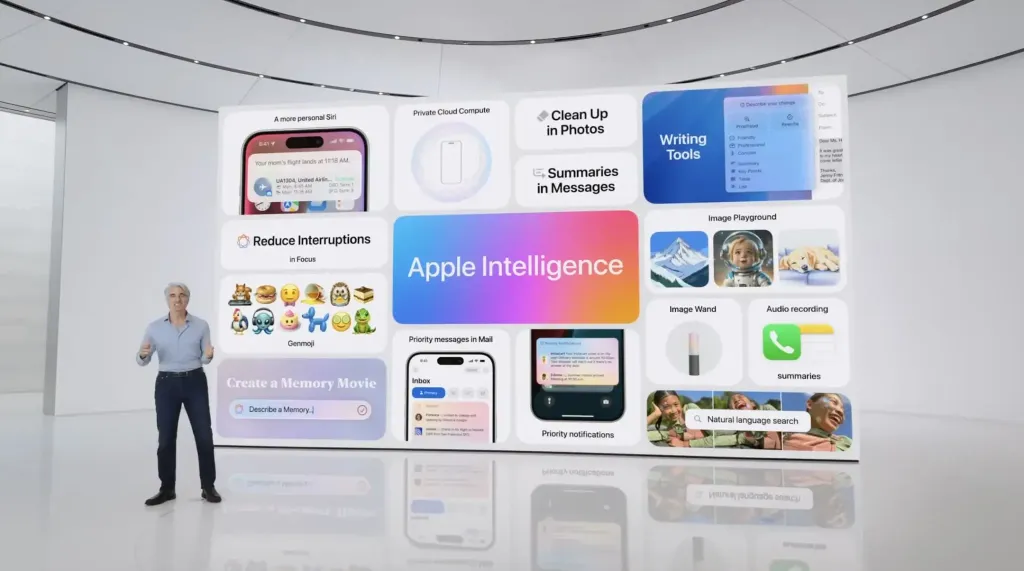
During the event, Apple spoke a lot about Apple Intelligence and all the great features that come with it. However, the company also said the feature is not yet ready. It will be available in a few months in specific regions. The iPhone 16 Pro Max launched with iOS 18 out of the box, which means users will not get to enjoy Apple Intelligence features until Apple sends an update later. The popular camera button features may also have to wait until the next update.
Conclusion
If you’re using an older iPhone, upgrading to the iPhone 16 Pro Max is definitely worth considering. However, if you’re coming from the iPhone 15 Pro Max, the upgrades may not justify the cost. The improved camera and slightly larger display are notable improvements, but they may not be enough to warrant an immediate upgrade for many users. Ultimately, the decision of whether to upgrade depends on your individual needs and budget.
Disclaimer of Gizchina: We may be compensated by some of the companies whose products we talk about, but our articles and reviews are always our honest opinions. For more details, you can check out our editorial guidelines and learn about how we use affiliate links.
Source from Gizchina
Disclaimer: The information set forth above is provided by gizchina.com independently of Alibaba.com. Alibaba.com makes no representation and warranties as to the quality and reliability of the seller and products. Alibaba.com expressly disclaims any liability for breaches pertaining to the copyright of content.

